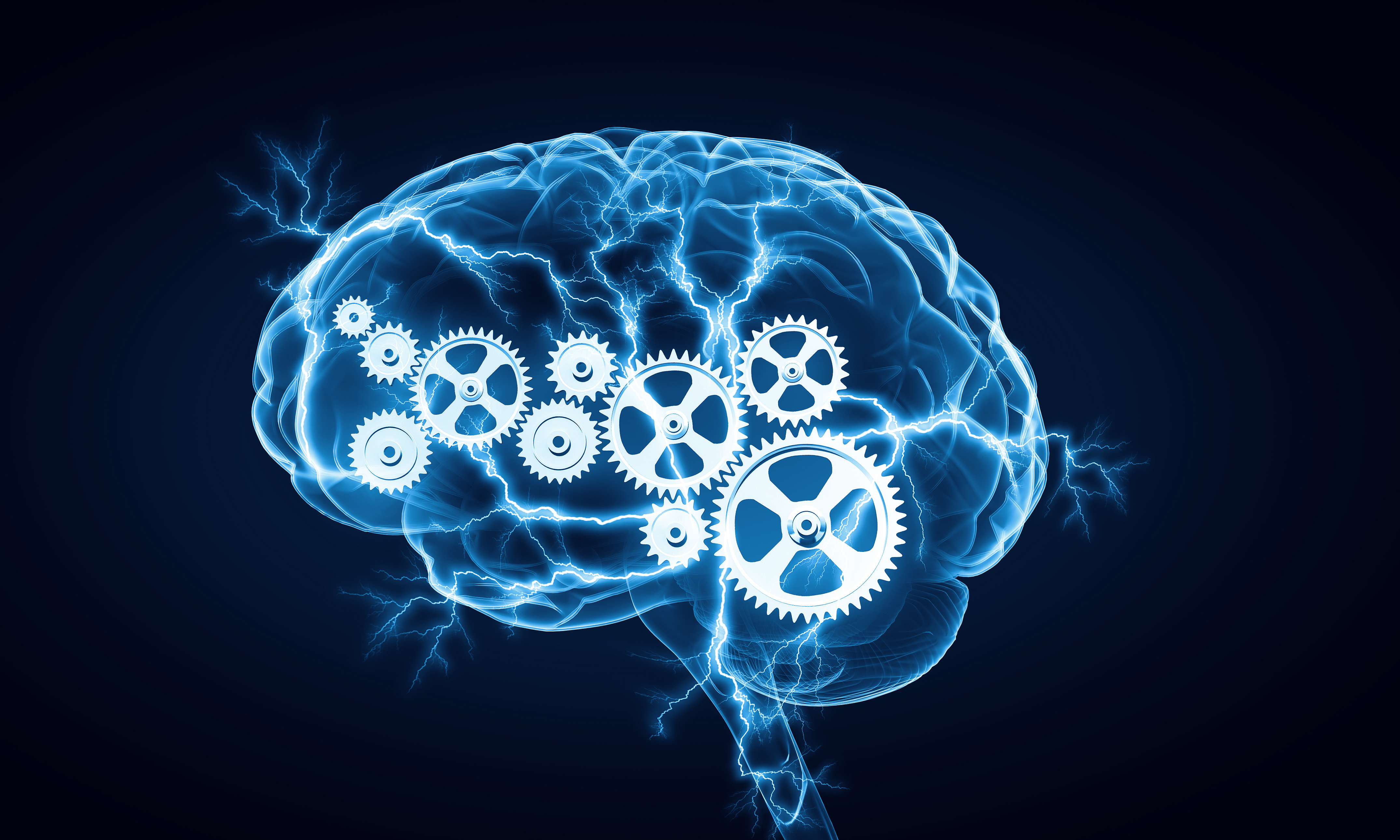Dalia Savy
Sadiyya Holsey
AP Psychology 🧠
334 resourcesSee Units
From the College Board
👀 Developing Understanding of this Unit
According to the College Board, "In this unit, knowledge surrounding sensation 👀, perception 🌈, and learning 📖 provides the foundation for an understanding of cognition. Cognitive psychologists focus their research on the complex nature of the brain, particularly the areas of memory processes and intelligence and the influence of mental processes on behavior. Understanding how this information is gathered and processed gives insight into how we make sense of and perceive the world 🌎
Some cognitive psychologists attempt to answer how and why cognitive processes fail despite (or because of) the complexity of our biological structures. Other psychologists study intelligence 💯and the reasons for individual differences. This cognitive perspective offers one way to understand how our thinking impacts our behavior, which can in turn provide insight into psychological disorders and their treatment."
🔎 Guiding Questions
- What roles do memory and thinking play in our behaviors?
- What is intelligence and how can we study it to understand it?
Contextualizing the Unit
Cognitive psychology became a heavily studied psychological approach in the late 1950s and is still studied quite a lot today.
Cognitive psychology involves the study of the human mind.
Cognitive psychologists try to understand the mental processes that occur in the human mind 🧠They study processes such as language, perception, thinking, memory, and problem-solving 🤔Understanding cognitive psychology can help individuals who have problems with their mental processes.
Memory is all about putting the last 2 units together! Your brain takes in all of this information (unit 3), processes it (unit 3), learns it (unit 4), and then keeps it. Memory is that last portion.
About 13-17% of the exam is on this unit.
Key Facts
🤓 Psychologists to Know
Noam Chomsky
Chomsky contributed ideas of language acquisition to cognitive psychology. He proposed the language acquisition device theory stating that humans have an innate ability to develop language 🗣️He also believed that children tend to overgeneralize language.
Hermann Ebbinghaus
He was the first to study memory in a scientific manner and the first to study the concept of forgetting 😟He came up with the forgetting curve and a few ways to improve your memory.
Wolfgang Köhler
He discovered insight in problem-solving; he saw how finding a solution to a problem could be sudden. He discovered this through experiments with chimpanzees 🐒
Elizabeth Loftus
Loftus is known for her expertise in eyewitness testimony, false memories and the misinformation effect.
George A. Miller
He discovered that the capacity of short term memory is limited. Short term memory has a capacity of about 7 items at a given time and between 15 to 30 seconds of storing these items.
Benjamin Whorf
Created the theory of Linguistic Relativity, which states that language determines the way we think.

Image Courtesy of Careers in Psychology.
📝 Vocabulary
| Effortful Processing | Automatic Processing | Deep Processing | Shallow Processing |
| Selective Attention | Divided Attention | Metacognition | Short-Term Memory |
| Long-Term Memory | Explicit Memory | Implicit Memory | Sensory Memory |
| Flashbulb memory | Visual Encoding | Acoustic Encoding | Semantic Encoding |
| Rehearsal | Iconic Memory | Echoic Memory | Chunking |
| Recall | Recognition | Relearning | Serial Position Effect |
| Priming | Mnemonic Devices | Prototype | Schema |
| Retroactive Interference | Proactive Interference | Amnesia | Repression |
| Long-term Potentiation | Algorithm | Heuristic | Mental Set |
| Creativity | Fixation | Functional Fixedness | Misinformation Effect |
| Framing | Intelligence | Biases | Flynn Effect |
| Intellectual Disability | Savant Syndrome | IQ | Mental Age |
Browse Study Guides By Unit
🔎Unit 1 – Scientific Foundations of Psychology
🧠Unit 2 – Biological Basis of Behavior
👀Unit 3 – Sensation & Perception
📚Unit 4 – Learning
🤔Unit 5 – Cognitive Psychology
👶🏽Unit 6 – Developmental Psychology
🤪Unit 7 – Motivation, Emotion, & Personality
🛋Unit 8 – Clinical Psychology
👫Unit 9 – Social Psychology
🗓️Previous Exam Prep
📚Study Tools
🤔Exam Skills

Fiveable
Resources
© 2025 Fiveable Inc. All rights reserved.